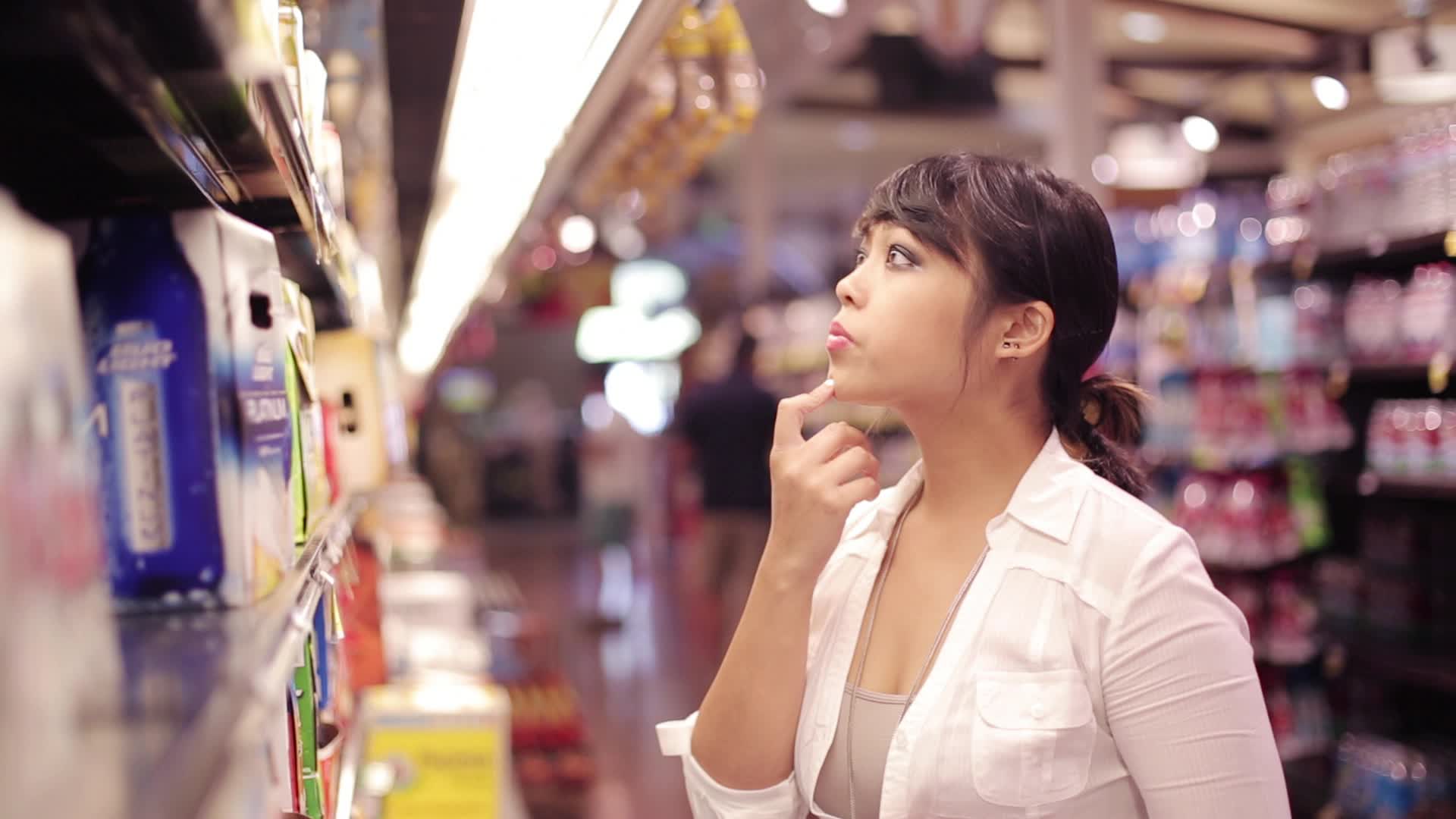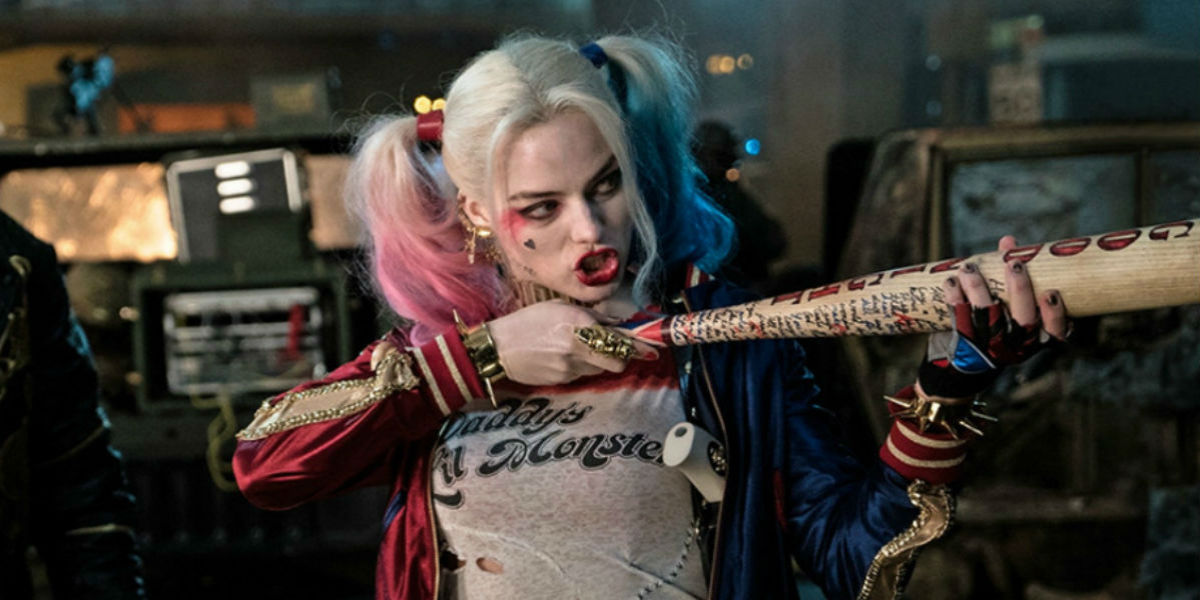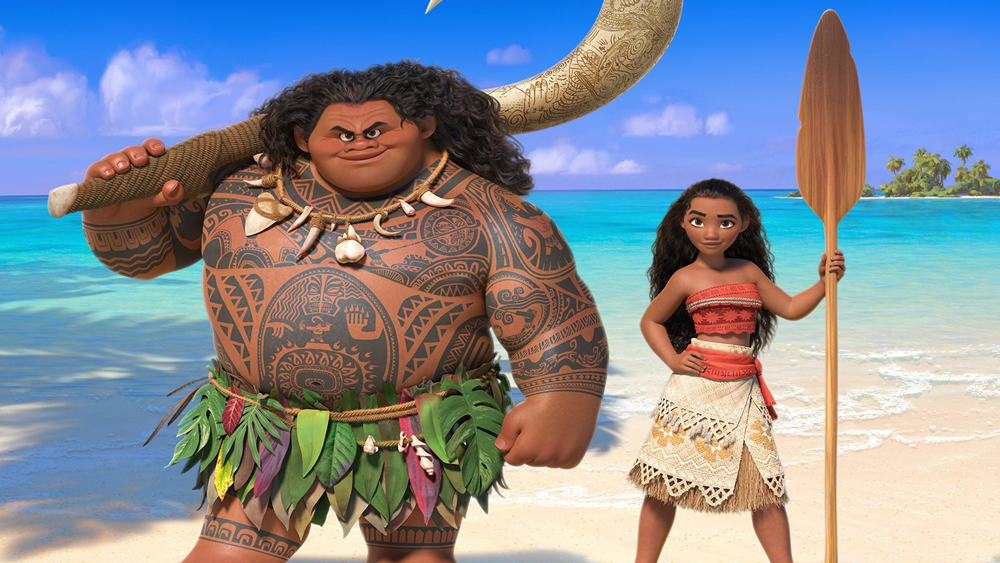How often do you pay attention to how much you’re spending on basic items like razors and shampoo? If recent research is to be believed, it might actually pay to be a woman.
The pink tax is not an often-discussed topic in Singapore. Mainly because not many know what the pink tax actually is.
WHAT IS THE PINK TAX?
The Pink tax is the proven theory that women pay more for everyday things branded 'for women' than men do, such as women's shampoo, women's razors, and women's hair gel. The pink tax is not particularly a ‘tax’ per se. It’s not like someone deliberately decided that women should have to pay more for their items than men. Have you ever come across a product that came in a pink packaging and was labelled 'feminine'? The pink tax comes from the fact that companies charge more for a women’s version of products because they are supposedly ‘women-friendly’. No one really knows how much truth there is to that. For instance, products like deodorants for women are said to be more ‘sensitive’ and because of that, they somehow cost more. Products like sanitary pads and tampons, in many cases, are considered luxury products. For obvious reasons, these products don’t have male versions. But that doesn’t take away from the fact that they are a necessity for women, yet are victim to sales tax. Having bought women-specific products myself, I recall looking at a shelf of hair products and realising that two identical hair gel products (one for men and the other for women) had two separate costs. Imagine paying an extra dollar for the same brand and quantity of a tube of hair gel than your male counterpart, it doesn't really make much sense.EARN LESS, PAY MORE
Many women today are choosing to opt for men's products instead. Think about a men’s razor, now think about a women’s razor. What’s the difference? Chances are you wouldn’t find any. Well, besides the colour. Not too long ago, Run Society wrote a piece on how women runners in Singapore spend more than men because the sports essentials for women runners cost more. In the piece, Run Society references The Ministry of Manpower Labour Force’s 2015 report, which states that most women only get paid as much as men until they hit 30, after which they get paid less. It’s no surprise that women fall behind at the workplace. Statistically, Singapore ranks higher than its neighbours in the global gender gap scale. But according to a report by The Economist’s Intelligence Unit, Singaporeans feel the presence of a gender bias more strongly. Apart from the wage gap, one of the key issues in the gender gap is the lack of women in senior management positions. According to The Economist’s Intelligence Unit's report, just 26% of senior executives are estimated to be women in Singapore. That’s lower than the 32% in Malaysia and 34% in Indonesia. If we were to compare these numbers with places like the USA, where 78% of women felt that women are under-represented in leadership positions, it would seem that women in Southeast Asia are less aware of the problems in gender diversity.HIDDEN PRESENCE
The fact that the pink tax is not really known to many; women included, could mean that it doesn't affect us largely on a daily basis. But if you count every dollar or every cent extra that women pay, it could amount to a lot. If you're still unconvinced about the presence of the pink tax, the next time you visit personal care stores like Guardian or Watson’s, have a trip down an aisle and compare the male and female version of products. You might be surprised with what you find. Top Image CreditBeing likeable. It's something we're taught from a young age and is quite difficult to shrug off, this idea that likeability is an essential part of being a woman. We're meant to hold back, not be overly pushy, or loud, or say too much because in order to make our way in the world, we need to play nicely. But what happens when we make nice our number one priority?
You let other people direct your relationships.
When we try too hard to be likeable, the first thing to go is a sense of agency. We’re afraid to ask for too much or be too much, so we only want from others what they appear to want from us. …at least, that’s as much as you’ll admit to yourself. It's hardly a fulfilling way to operate, whether these relationships are professional or personal. In fact, you’re doing yourself a big disservice when you invest in a person and it's a one way street.Negotiating your opinions.
Finding common ground - it’s the instinctive thing to do. Remember the rather questionable logic that if a boy picks on you in the playground, it means he likes you? Well surprise, surprise, that little adage does not fly in the real world. Whether in the workplace or on a Tinder date, nobody wants to be the first to offend. So we dish out tentatively phrased, easily digestible opinions. Things you may personally believe waver depending on the person you’re talking to. You remain quiet even when the chance to speak out presents itself. While it may be a harmless thing to do once or twice, making a habit out of diluting your views means you’re missing out on opportunities to clarify them. These are the things that shape you as a person, and talking - even disagreeing - with others can be a validating experience. Being different isn’t a bad thing.Losing your voice.
The very social media-centric terms of “mansplaining” and “manterrupting” seem like they were coined specifically for hashtag purposes, but unfortunately for us women, they describe something all too real. How many of us can attest to trying to explain something, only to have a man needlessly interrupt or take our ideas and run with them? Backing up this phenomenon, the <a href=" app tracks (with illuminating results) just how often men and women speak up while at work. For a woman to speak up at work, it involves a balancing act of Cirque de Soleil proportions. Either she voices her thoughts and is perceived as too aggressive or a know-it all, or she’s barely heard. And when a man surfaces virtually the same idea, the default is a round of head nods and approval for his fine idea. There are countless <a href=" to prove it. So, it doesn’t exactly come as a shock that more often than not, we put our heads down and decide that less is more, that it’s better to be nice than to be heard. But if the absolutely boss women of the 21st century (hello, Angela Merkel, Hillary Clinton, Michelle Obama) have taught us anything at all, it’s to not be afraid of acknowledging our own expertise. If speaking up means being a #NastyWoman, so be it!Your goals take a backseat.
Growing up, we were conditioned to put others first. We’re taught that the moral, socially responsible thing to do is to care for everyone else and when you slip into the bottom rungs of your own priority list, well, that’s pretty noble. While it's true that so much good can come out of a little selflessness, sometimes this mentality spills over into less benevolent circumstances. Like when you end up holding yourself back at your own expense - prioritising the feelings of someone who is hurting you, or feeling embarrassed about asking for a promotion you’re pretty sure you deserve. Sometimes, to put yourself first is practical, not selfish. That people have unconscious biases based on gender is a given, and you need to factor that in when you try to soften your approaches. You need to invest in yourself as much as you do others, because no way are you sacrificing your goals in an effort to be "nice". Your job isn't to make yourself likeable - it's to be your full self, someone who is honest and aware and embracing of yourself and others. It's to be ambitious and hopeful and real - basically, you just need to do you. The world will have to deal with it.https://www.facebook.com/Urbanites.co/posts/1785171758398789
For the last eight years, Michelle Obama has been a shining beacon in the White House for females, healthy food, fashion… even reppin’ Missy Elliot! Politics notwithstanding, she’d have learned a thing or two in her tenure as First Lady. So as 2016 draws to a close, she has some choice words for women everywhere.
“Live out loud,” she said in an interview with Oprah. “Understand that what’s in your brain is really useful. Do not hide it. Don’t dumb it down. Don’t apologize for it. Just put it on the table and let people deal with it.”
Now, that’s brave. And bold. And a little bit sassy. Obviously, we’re making it our mantra for 2017.
But in the meantime, here’s to the women out there who are brave, bold and a little bit sassy. These are 4 reasons why you should stay exactly as you are.
1. You don’t back down - especially if it’s something you’re passionate about
Do you have that one topic that comes up in conversation from time to time, and that's guaranteed to trigger a heated discussion? GOOD (Note: not argument, discussion. Healthy, healthy debate). If you know what’s important to you and where you stand on a certain issue, when someone brings it up, you’re sure as hell going to say something. And being opinionated is not something to be apologetic about. Let’s just pause and think about the number of times we’ve hesitated to speak up at work because we’re worried about the negative connotations associated with disagreeing with someone. Or how many exclamation marks or smiley faces we tack on to the end of a message that doesn’t actually need them. And how many of us have inwardly cringed upon hearing our own voices go up a few pitches talking to someone - all this so we come across as appropriately bubbly and approachable? That’s all just the tip of the iceberg. We haven’t even touched on all the times we’ve deflected compliments for work we put hours of effort into doing. There’s no denying that we moderate ourselves around other people, but being perceived as nice doesn’t have to be the pinnacle of what a female can be. If you’re good at something, own it. And if you have an opinion on something, and freely and firmly express it regardless of how well it may be received, more power to you!2. BUT if disagreement happens, you listen and consider opposing points of view
Just a little R-E-S-P-E-C-T… Aretha Franklin really nailed it there. Sassy doesn’t mean stubborn. Just because you have your own opinions doesn’t mean you don’t respect the views of others. Sure, you might not be the most agreeable person on the planet but you’re not above listening either. There’s something to be said for holding strong beliefs and defending them, while accepting that someone else may lie on the opposite end of the spectrum. There’s a wide array of thinking, and blind acceptance isn’t the only way to peacefully co-exist.3. You’re not afraid to question
Whether it’s to clarify your thoughts or probe into others', you don’t pretend to understand things you don’t - you ask instead. You were that kid in primary school who 100% embraced the whole idea that there are no stupid questions. Maybe you took it that one step further and became the bane of your teacher’s life with all your (intentionally borderline stupid) asks. But hey, it just means you’re a straight-shooter. You’re as in touch with what you know as what you don’t know, and that sort of knowledge is power.4. You love a challenge
And not just when it comes to a good debate. That fearless attitude toward expressing yourself and your opinions - that translates to your approach to life too! Your ability to hold firm against outside influences shapes your ability to handle most setbacks. Excuse the cheesy analogy drawn from a litany of female empowerment quotes on the interwebs, but if you want to teach em’ young to #staywoke, this is the lesson for girls to learn: You are not a sponge tossed about in a world where the odds are stacked against you, absorbing outsider’s perceptions of you, absorbing the gender pay gap, absorbing awful fashion trends even. You are a rock. You don’t defer to the powers that be, you stand against them. So, let’s hear it for the sassy women out there who never underestimate themselves, who stand their ground and wear their opinions proudly (resting bitch face optional).Damn it, DC, you’re doing it again.
Hot (or lukewarm) off the critical failures of Batman V Superman and Suicide Squad, Warner Brothers recently announced the DC Extended Universe’s (DCEU) next ensemble film: Gotham City Sirens.
Based off the comic book series of the same name, GCS will feature Margot Robbie’s Harley Quinn along with Poison Ivy and Catwoman. Because when DC releases a bad movie like Suicide Squad, they have to find the only good thing about the film and milk the hell out of it.
Damn it, DC. God.... Damn it.
My own reservations about the quality of the movie aside (David Ayer again? Really??), the announcement of GCS reeks heavily of studio desperation and, more importantly, a misguided form of feminism.
Struggling to keep up
Film is a reactionary medium. It responds to existing social issues, whilst seldom raising issues of its own, with the exception of avant-garde cinema. One of the issues that Hollywood has grappled with reacting to for many years is, of course, feminism. From Erin Brokovich to Nikita, the head honchos at Tinseltown have had a… should I say… varied history with the discussion of feminism. GCS, unfortunately, seems like it’s about to fall squarely on the not-so-favourable side of the feminist equation. Am I being unfair by judging a movie that’s not even out yet? Probably. But based on what we do know about the film, and Hollywood’s tendency towards handling female characters in a less than measured manner, I’d say my concerns are more than warranted.Girl Power?
GCS tells the story of Harley Quinn, Poison Ivy, and Catwoman – the three most prominent female characters in Batman’s Rogues’ Gallery – teaming up to take the world of crime by storm and carve out for themselves a big piece of the male-dominated pie that is Gotham’s criminal underworld. Sounds interesting, right? Well, Suicide Squad sounded interesting too, and look how that turned out. While many will draw the parallel between GCS’s premise and the real-world struggles of women trying to break the glass ceiling in the workplace and earn respect in male-dominated fields, one can’t help but ask, should we really be portraying these women as criminals? Sure, you could view it as a loose representation, but expecting audiences to look beneath the surface of a campy, colourful blockbuster and consider it on a deeper level might be a tall order. Will we see a trio of hardworking girls legitimately working hard to succeed in the workplace, or will we see three psychotic criminals cracking heads with baseball bats, because, you know, that’s what they are? Hollywood has often had a problem portraying female characters in a nuanced manner. Want to show that she’s a badass? Make her a femme fatale. Want to show that she’s independent? Make her either androgynous or overtly sexual. Want to make a film about female empowerment? Let’s have not one, but three female leads! It’s certainly not difficult to see how a film centred on the crazy girl with short shorts in Suicide Squad and the two most sexualized characters in DC’s roster would devolve into more of the same hyper-sexualized schtick. Where female characters aren’t uncharacteristically fixated on romance (Peeta?? Where’s Peeta??), they’re annoying misandrists hitting us over the head with their overt anti-establishment “I don’t need no man” rhetoric. We get it, you’re independent and you think all men are pigs. We heard you the first one hundred times. Furthermore, as popular as Harley Quinn is, she is probably the last character anyone should consider as a symbol for feminism. Many of those who find her relationship with the Joker “cute” are forgetting the fact that she is basically his slave, and that he tortured her to the point of insanity, turning her into a walking case study for Stockholm Syndrome. The whole Harley-Joker relationship is actually really messed up, and definitely not a positive model of how to deal with an abusive relationship.Doing it right
For all the problems Hollywood has had with female characters, they occasionally get it just right, and I’d be remiss to not give them credit. One example of an amazingly portrayed female character in recent memory is Charlize Theron’s Furiosa from the excellent Mad Max: Fury Road, who shows us all exactly how to do the strong female protagonist right. Furiosa is a woman who doesn’t have to say anything about how badass she is, because her actions speak for themselves. She doesn’t tell anyone what a great shot she is, she just grabs a rifle and shoots out a headlight from half a kilometre away. She doesn’t whine about injustice, she fights for what’s right and gets sh*t done. She doesn’t try to overshadow Tom Hardy’s Max, she rides alongside him as an equal and ends up stealing the show anyway. Furiosa exudes a quiet confidence that is humble and understated, but so much more impactful as a result.Benefit of doubt?
Is Hollywood going about gender discourse completely wrong? While a large number of female movie characters fall under the sexist caricatures that studio executives think will pander to the feminist crowd, a select few actually walk the line perfectly to give us true role models that inspire and command respect for the feminist movement. Will Gotham City Sirens give us the rare nuance and respect female characters in Hollywood so desperately need, or will it give us more of the same vapid uninspired nonsense as its predecessor? I have my doubts, but only time will tell. <a href=" Image CreditDisney has done it again.
Continuing its winning streak of beloved animated feature films, Walt Disney Animation Studios hits yet another home run with Moana, an uplifting and heartfelt tale destined to adorn the awards-spangled annals of Disney’s decorated filmography.
While the film wouldn’t be a Disney story without recycling some old tropes, Moana does offer some new ideas that might surprise you on a second viewing.
So, without further dawdling, let’s take a deeper dive back into the sparkling aquamarine waters of Disney’s Moana.




